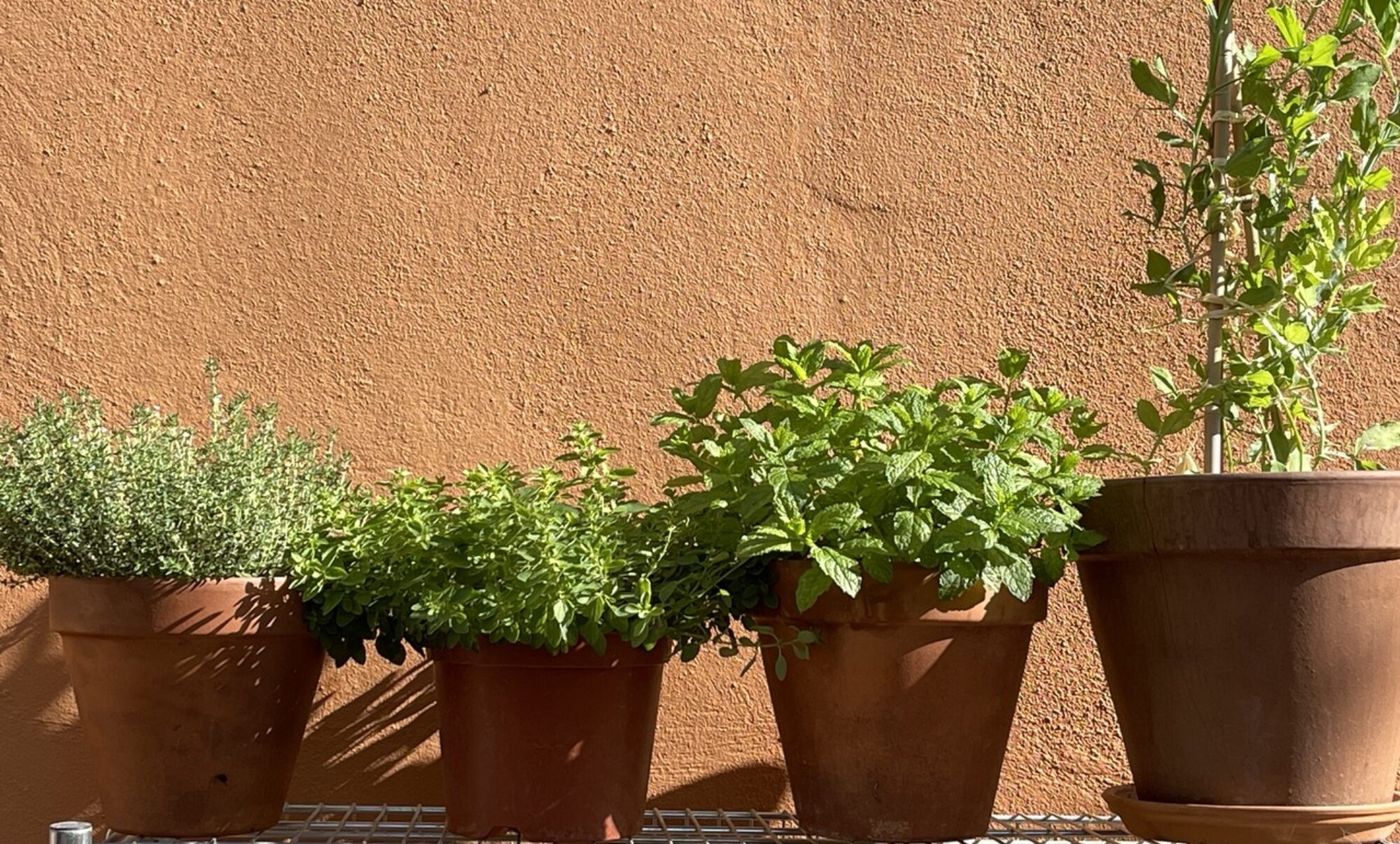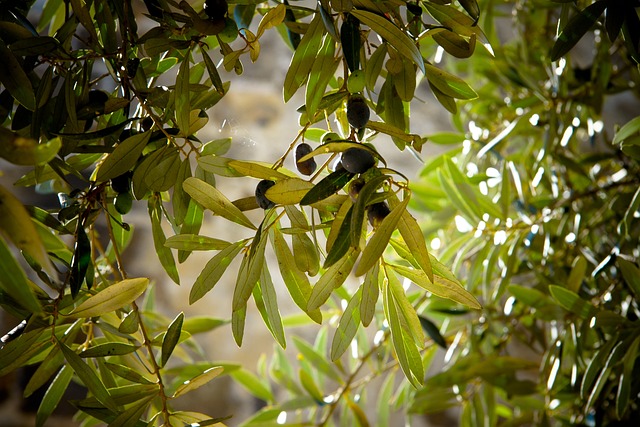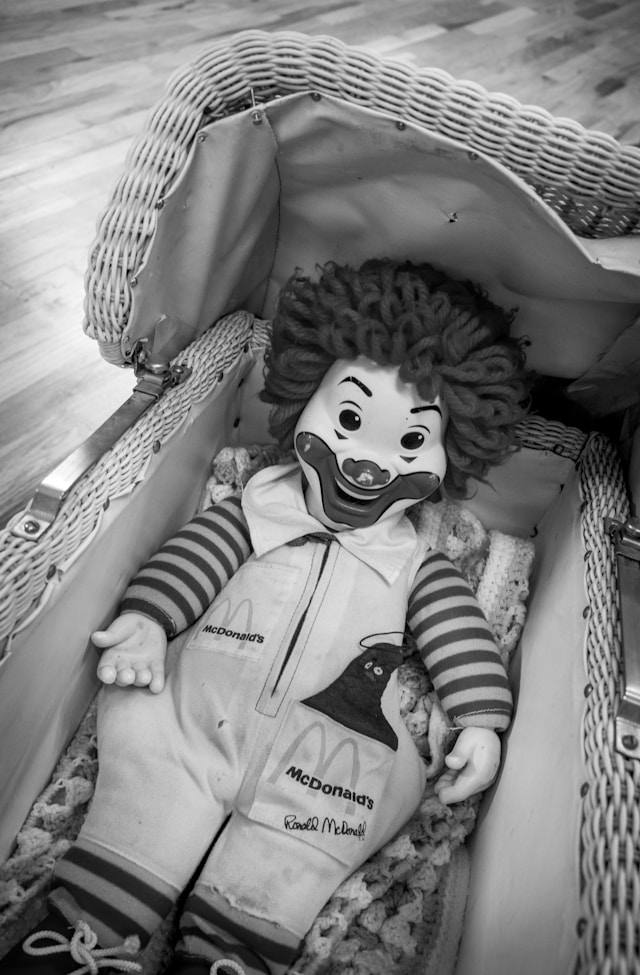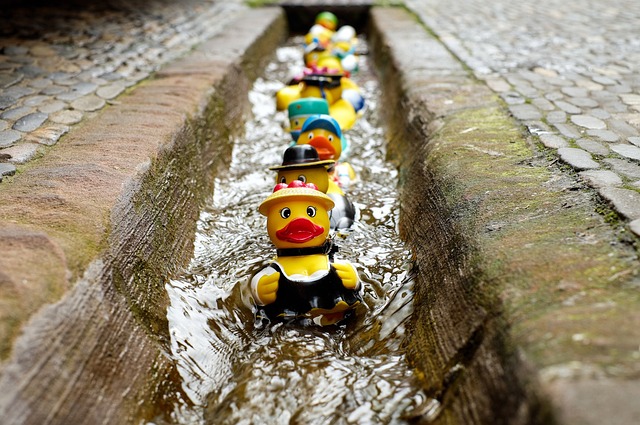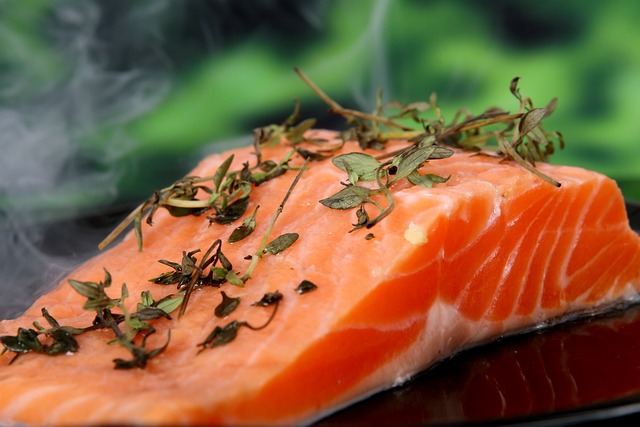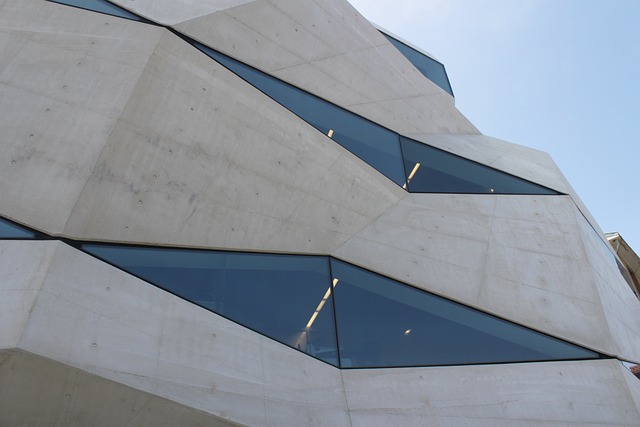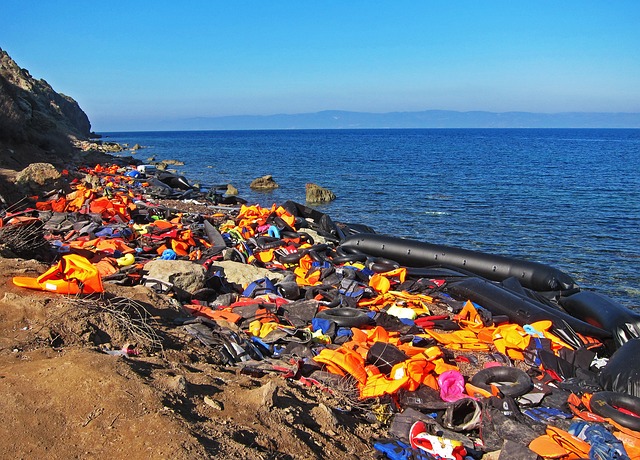Spain’s third-largest city has not been chosen to host games in the World Cup 2030 football tournament.
Football fans in Valencia are shocked that The Spanish Football Federation (RFEF) has not included the 70,000-capacity Mestalla as one of the 11 grounds chosen.
Spain plays host to the tournament, along with co-hosts Morocco and Portugal. The opening three matches of the tournament will be played in Uruguay, Argentina, and Paraguay.
Spain has put forward 11 grounds, Morocco six, and Portugal three – 20 in total. The RFEF had hoped to provide 13 grounds but was restricted to 13.
Barcelona’s Camp Nou, Real Madrid’s Bernabeu, and Atletico Madrid’s Metropolitano Stadium are the three biggest venues selected.
Real Sociedad’s Anoeta, Gran Canaria Stadium in Las Palmas, Estadio La Cartuja in Seville, Espanyol’s RCDE Stadium, Estadio Riazor of Deportivo La Coruna, and Athletic Bilbao’s San Mames Stadium make up the rest.
A statement from the RFEF said: “The RFEF has worked intensively on this option, conveying it to its candidacy partners, but both the Moroccan Federation and the Portuguese Football Federation have considered that FIFA regulations must be respected, which establish a maximum of 20 venues, which means that Spain will have 11 venues.”
The Moroccan grounds chosen are the Prince Moulay Abdellah Stadium in Rabat, Tangier’s Ibn Batouta Stadium, Adrar Stadium in Agadir, Marrakesh Stadium, and Fez Stadium. The sixth is the planned 115,000-capacity Grand Stadium of Casablanca.
The full list of Spain’s proposed 2030 World Cup venues:
Anoeta (Donostia-San Sebastian)
Camp Nou (Barcelona)
Gran Canaria (Las Palmas)
Estadio La Cartuja (Seville)
The Rose Garden (Malaga)
Metropolitan (Madrid)
New Romareda (Zaragoza)
RCDE Stadium (Barcelona, Cornella-El Prat)
Riazor (A Coruna)
San Mames (Bilbao)
Santiago Bernabeu (Madrid)
